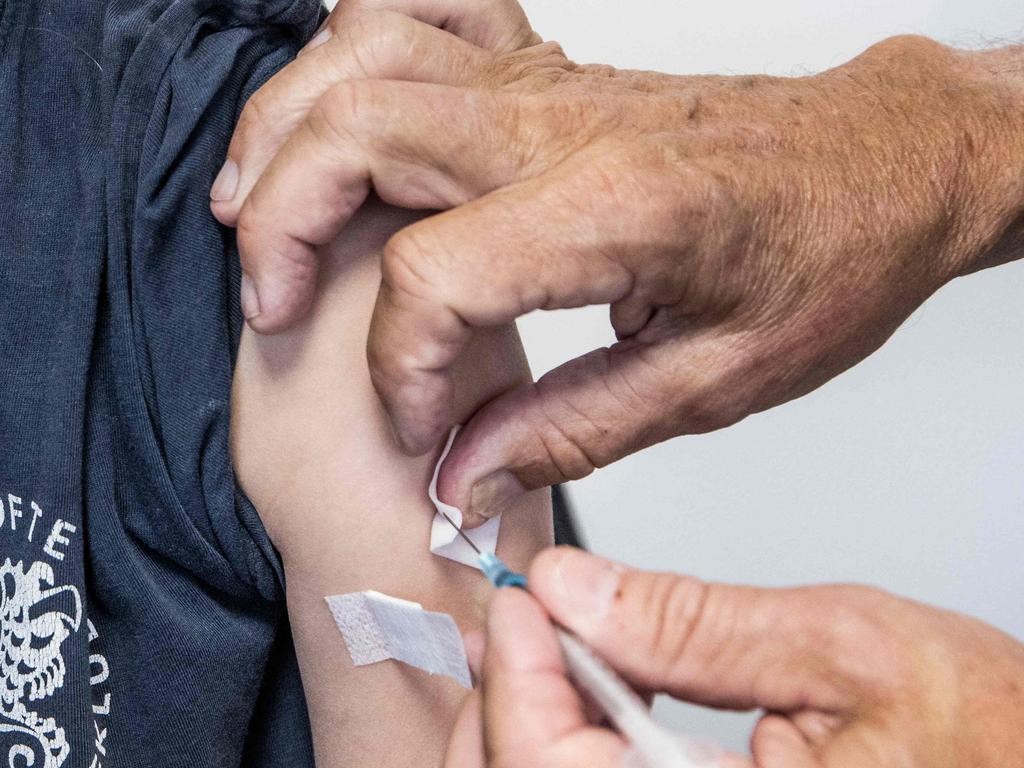Coronavirus: Staff crisis crashes nation’s food supply
Major retailers report staff shortages of up to 35pc due to state isolation requirements, sparking shortages of essential items.
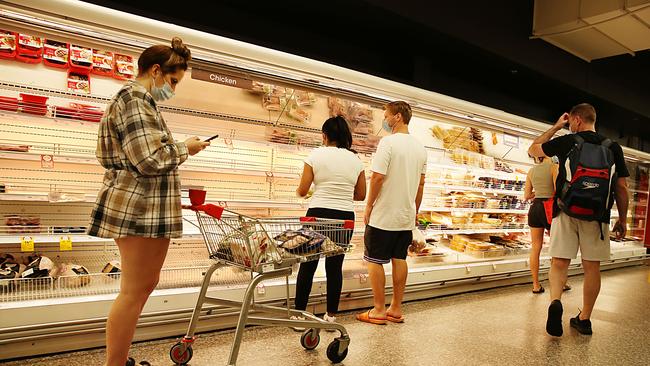
Major retailers including Coles and Woolworths are reporting staff shortages of up to 35 per cent at their distribution centres due to state-imposed Covid-19 isolation requirements forcing the nation into a deepening supply chain crisis for essential goods including food and pharmaceuticals.
The Australian understands several of the nation’s top retail chief executives have reported to Treasury that their furloughed workforces had reached critical levels, with more than a third of workers off sick with Covid-19 or classified as close contacts.
Retailers and the shop workers’ union on Sunday called on workers to be allowed out of isolation the moment they test negative for the virus, as the nation’s ports warn the economy must sort out the supply chain crisis in days instead of weeks.
It comes as Scott Morrison on Sunday called a meeting of cabinet’s national security committee to address the crisis, as supermarket and retail outlets moved to apologise to customers for shortages on shelves.
Despite the limited options for federal intervention, the two-hour meeting is understood to have agreed that changes to isolation requirements should be extended beyond food supply chains to include aviation, essential services, child care and education.
The Prime Minister on Sunday said Omicron had forced a “gear change” to his government’s response to Covid-19, but that the nation would adapt quickly to respond to supply chain issues.
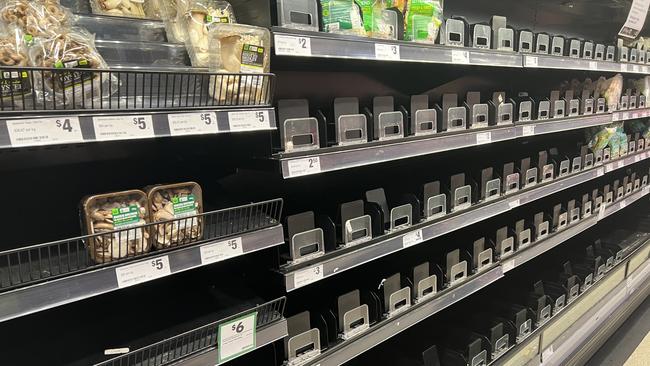
“We have one of the strongest records when it comes to dealing with Covid-19. We have one of the highest vaccination rates in the world, lowest death rates and strongest economies,” he said.
“We have achieved this by taking an evidence-based approach, led by our medical experts. We will continue to do exactly this, and ensure Australians stay safe and our country stays safely open.”
Mr Morrison also said a mandated return to school on time in the first week of February was needed to avert further worker shortages in critical sectors, despite Queensland’s announcement it would delay a return to the 2022 year by two weeks.
With the nation’s retail supply chain confronting “unprecedented stress”, the Australian Retail Association and Shop, Distributive and Allied Employees Association followed other critical sectors in calling for isolation rules to be amended to help mitigate widespread and growing Covid absenteeism.
The ARA and SDA called for retail workers to be allowed to return to the workforce as soon as they tested negative; a timely and efficient reporting mechanism for rapid tests, and; the end of “onerous” requirements for reporting workers’ test results to multiple agencies.
A letter co-signed by ARA chief executive Paul Zahra and SDA national secretary Gerard Dwyer sent on Sunday night urged Mr Morrison to provide retail workers with access to free rapid antigen tests.
“We urge you to consult with the states and territories to provide free, immediate and appropriate priority access to rapid antigen tests to essential, frontline retail workers in stores and distribution centres and associated measures to help reduce pressure across the sector,” the letter said.
One in five ARA members had reported up to 50 per cent of their staff currently were affected by isolation, Mr Zahra said.
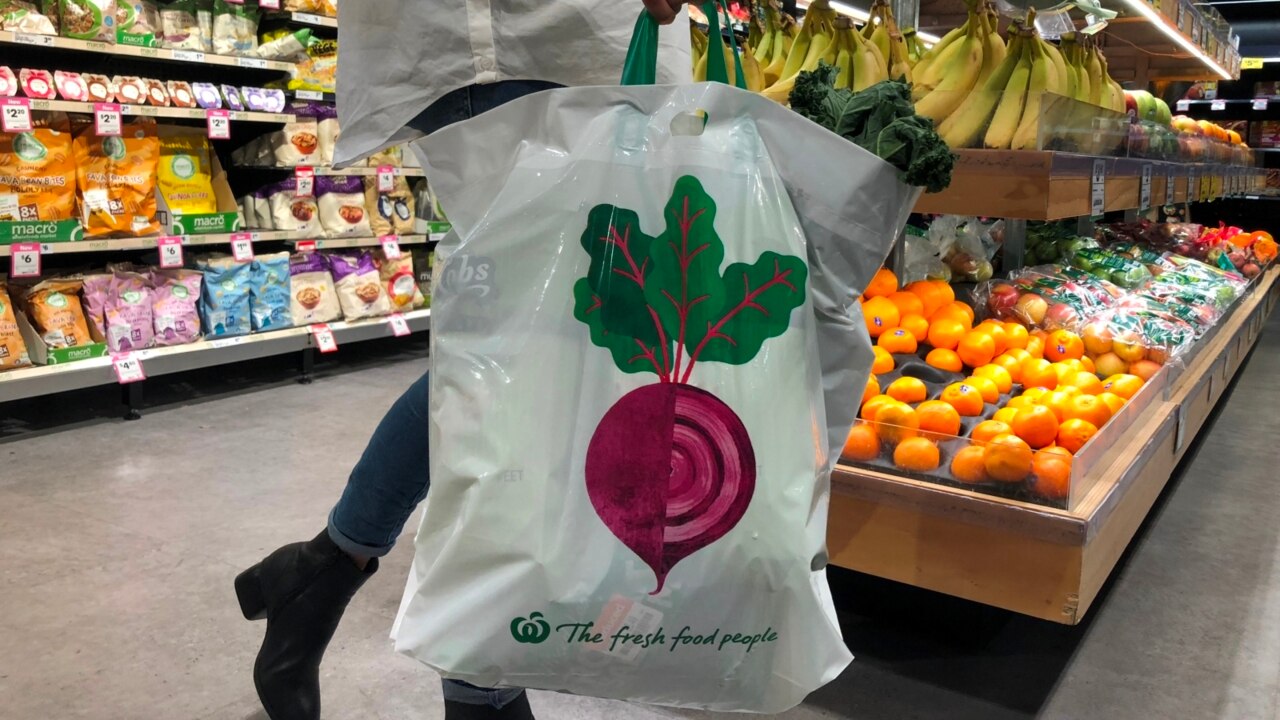
Mr Dwyer expressed concern about the failure of NSW Premier Dominic Perrottet to consult employee representatives before announcing changes to isolation requirements for workers.
Until a nationally consistent approach was implemented, Australian Food and Grocery Council CEO Tanya Barden said the problems confronting supply chains throughout the nation would continue to occur.
With NSW and Queensland both easing isolation requirements for food and grocery workers on Sunday, allowing asymptomatic critical workers who are close contacts to continue working if they returned negative tests, Ms Barden said both plans were contingent upon workers having access to daily RATs.
“We need to be able to get access to those (rapid antigen tests), that’s going to be really critical over the next few weeks, while supplies are low,” said Ms Barden, who also pushed for positive cases to be able to return to work after five days, rather than seven.
“I am still very nervous about the next two to three weeks, there are certainly a lot of global freight challenges in getting them into Australia,” she said.
“I think there is a need over the next two to three weeks to really prioritise essential services, such as food, grocery, manufacturing and retail to get access to rapid antigen testing,” she said.
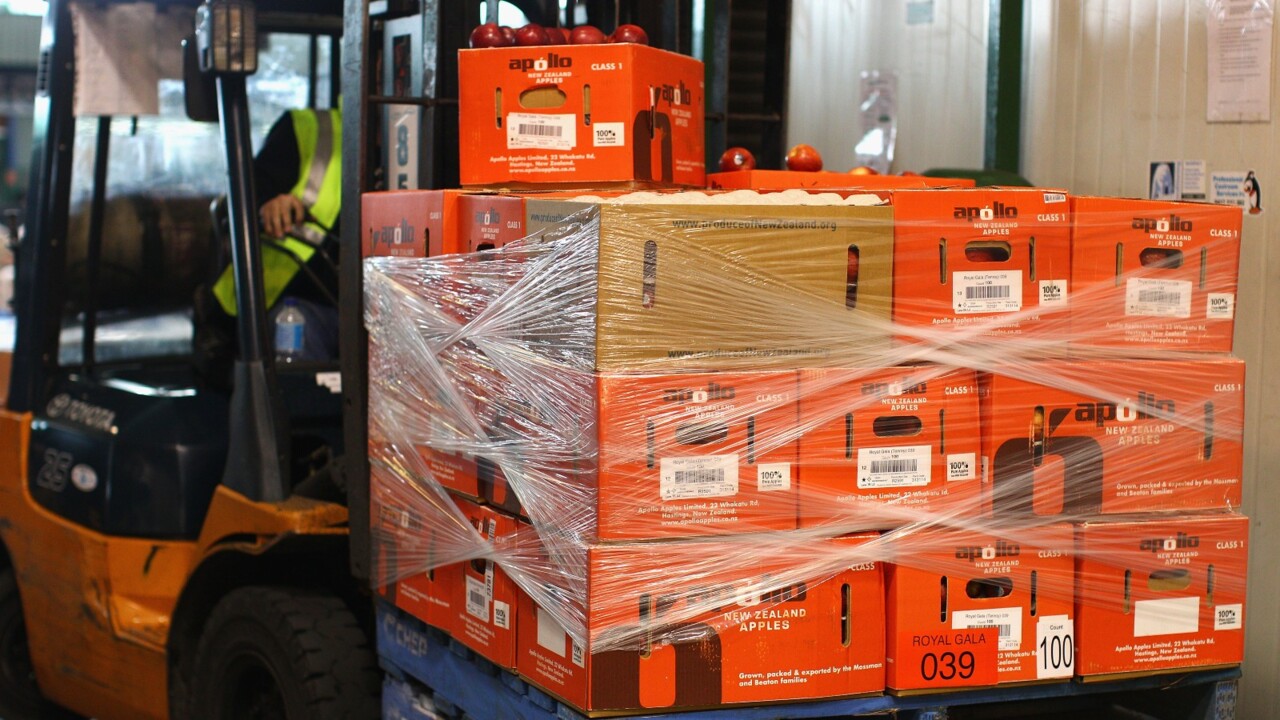
Ports Australia chief executive Mike Gallacher said the issue needed to be resolved within days rather than weeks, with the national cabinet not due to meet again until Thursday. Ports Australia has also warned of a major pharmaceutical and fuels shortage, with some stevedores and port operations reporting up to 10 per cent of workforce being affected.
The Australian understands at least two retail goods outlets reported staff shortages of almost 1000 workers at their distribution centres due to isolation mandates imposed by state governments, leaving a critical workforce shortage in stocking retail shelves. This had resulted in the reduction of opening hours across several chains.
The NSW and Queensland state governments moved to address the supply crisis by downgrading isolation rules.
Queensland mandated that essential workers in vital industries - supplying food, petrol, energy and water who are identified as close contacts but remained asymptomatic would no longer be required to isolate. In NSW, workers critical to the distribution and manufacturing of food would be exempt from isolation if they are a close contact but asymptomatic.
It is expected that the other states and territories will follow suit in coming days.
Australia’s food distribution industry is warning of continuing supply-chain issues if states and territories don’t follow NSW and Queensland’s lead .
Independent Food Distributors Australia are calling on remaining states and territories to form a “national agreement” after NSW and Queensland announced the relaxed restrictions to ease food shortages.
“If there isn’t one consistent, national agreement across the country, and quickly, then food distribution warehouses will continue to be impacted by Covid, which will ultimately impact those in the community that rely on us,” CEO Richard Forbes said.
“A food transport system involves trucks crossing state borders daily, so the only solution is for premiers and chief ministers to agree on one close contact isolation rule for all food workers, nationally,” he said.
The total number of active Covid-19 cases in Australia on Sunday rose by almost a third, with the nation recording a total of 560,662 active cases.
However, there was a reduction in the number of hospitalisations across the country, with 923 less people in hospital with Covid-19 compared to 9pm on Saturday night, bringing the total to 3323.
In the same period, the number of patients in intensive care increased by nine people, bringing the total across the country to 300.
Additional Reporting: Liam Mendes




